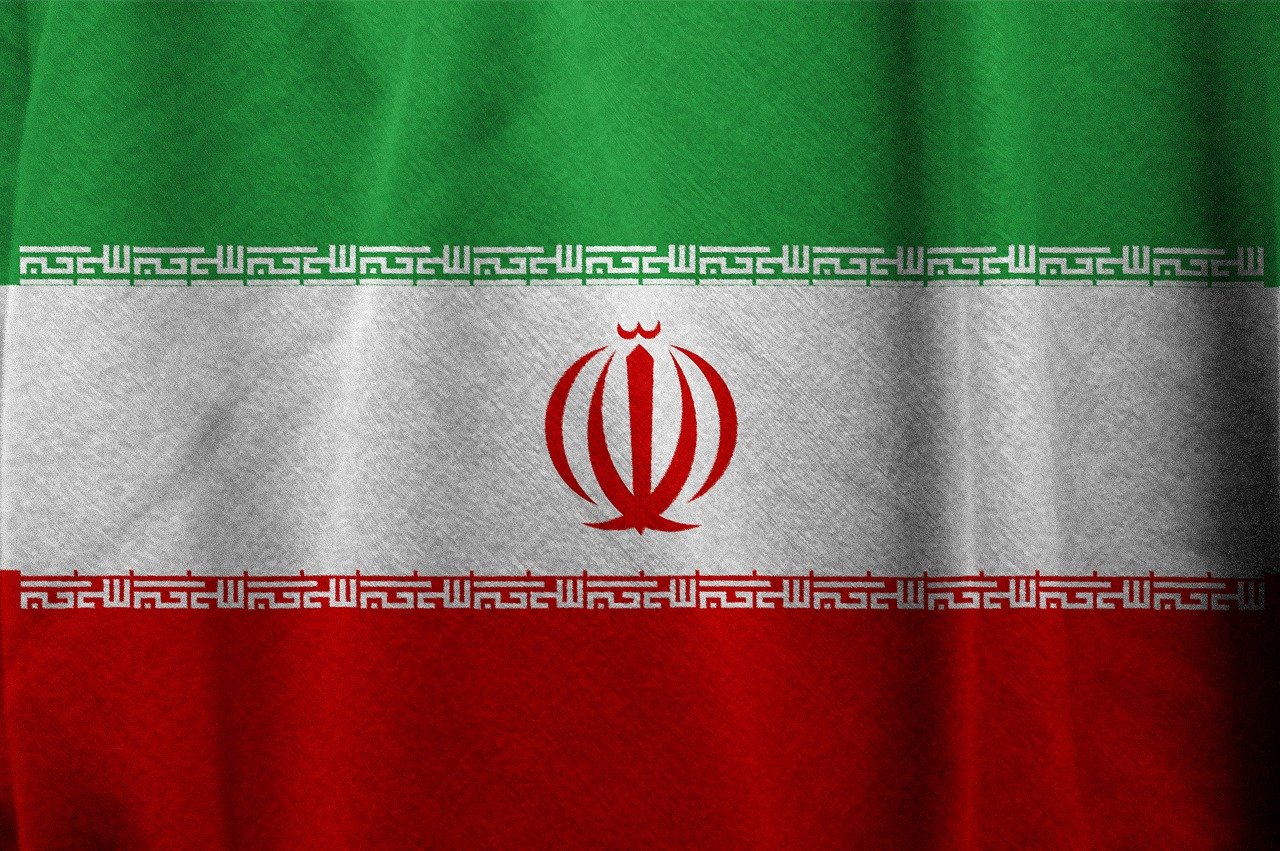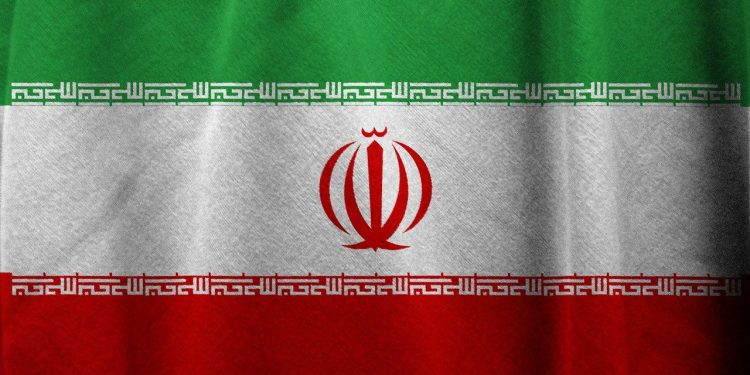It feels like the West is replaying the same old trick with Iran, hit the sanctions button, expect Tehran to bow, and then act shocked when nothing changes. The new talk of a “snapback” shows how Europe and America are still leaning on sanctions as their go-to weapon, even though history has shown Iran usually finds a way around them.
Iran’s President Masoud Pezeshkian did not even flinch. He basically said, “you can shut doors, but we’ll just build new ones.” It was strong, but not new. Iran has lived under one form of restriction or another for decades. Sanctions have been slapped, lifted, then slapped again, yet the country still keeps its nuclear program alive. If anything, the cycle of punishment has only hardened Iran’s political class and pushed them to get creative about survival.
The same sanctions, the same results
Western powers are acting like this “snapback” is some new magic tool. But really, it is just a reset to older restrictions, arms embargo, bans on uranium enrichment, freezing assets, and blocking travel. All of these have been done before. Did it stop Iran from moving forward with its nuclear work? No. Did it weaken the government’s hold on power? Not at all. If anything, the population usually suffers the most, while the political elite use sanctions as proof that the West is the enemy.

The reason these sanctions don’t bite as hard as expected is simple: Iran has built a whole system on living under pressure. Smuggling networks, shadow markets, and deepening ties with countries like Russia and China have helped it cushion the blows. Each sanction package just forces Iran to look for new routes, new buyers, and new allies. By now, survival under sanctions has become part of the national strategy.
The West’s old playbook looks tired
The big question is whether the West even believes in sanctions anymore, or if this is just about showing they are “doing something.” The truth is, sanctions make headlines but rarely deliver the strategic goals. If the plan is to contain Iran’s nuclear ambitions, why repeat a method that has never truly worked? It feels more like political theatre than policy.
Iran’s defiance is the real message
By saying “they can strike Natanz, but we’ll rebuild it,” Pezeshkian was not just flexing national pride. He was sending a message: Iran is not backing down. Every time a site is bombed or a sanction is announced, the government turns it into a rallying cry. The West might see sanctions as punishment, but inside Iran they are repackaged as fuel for resistance.

















